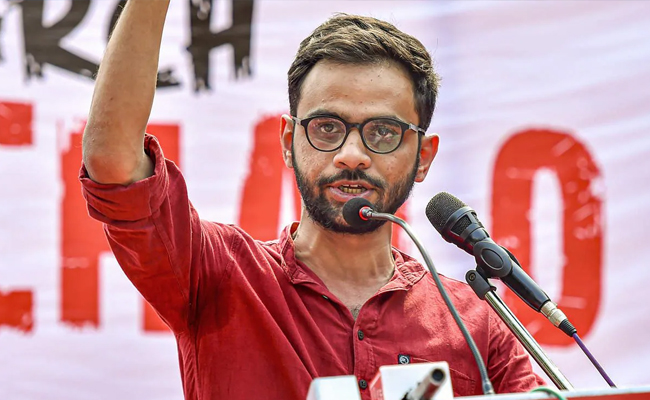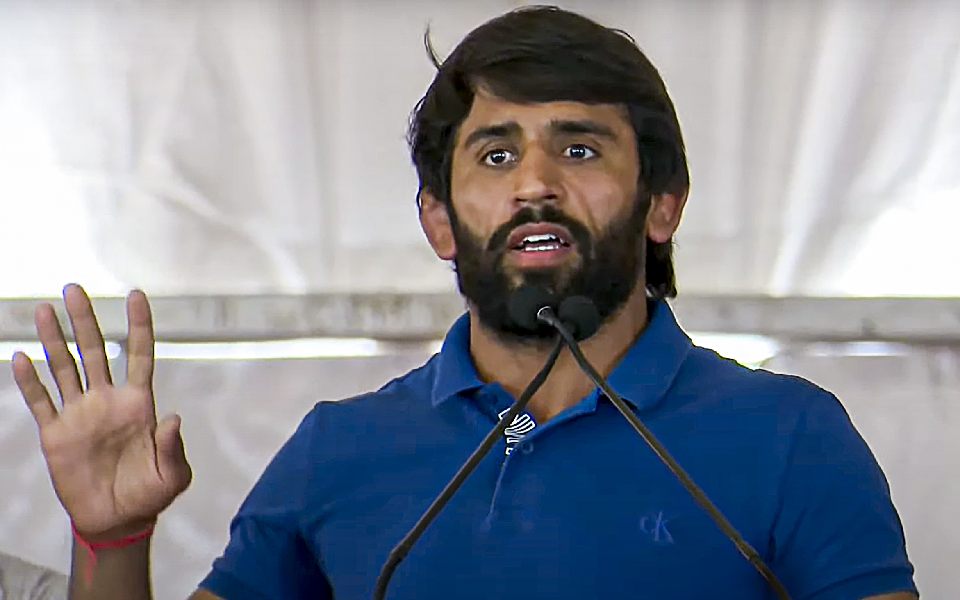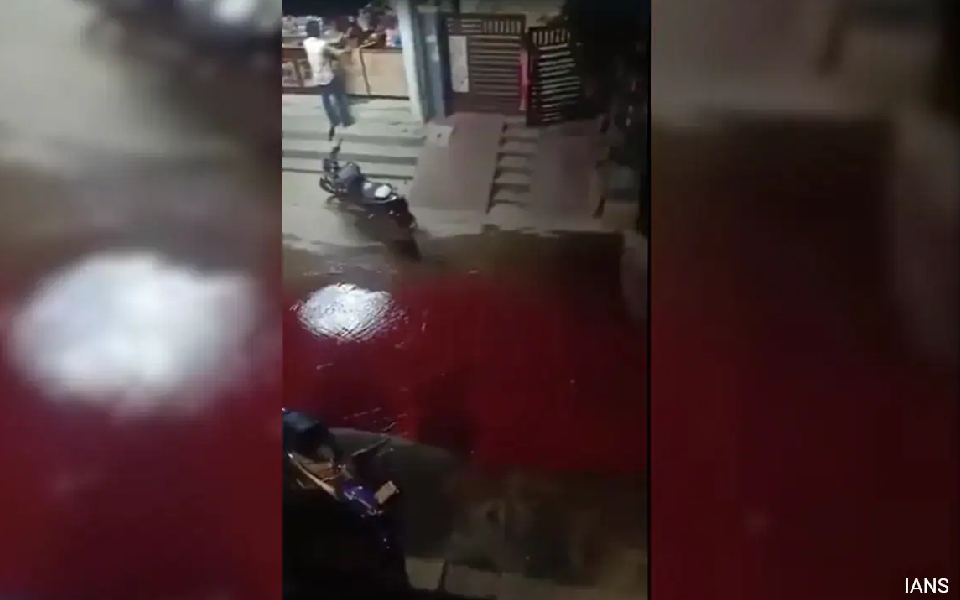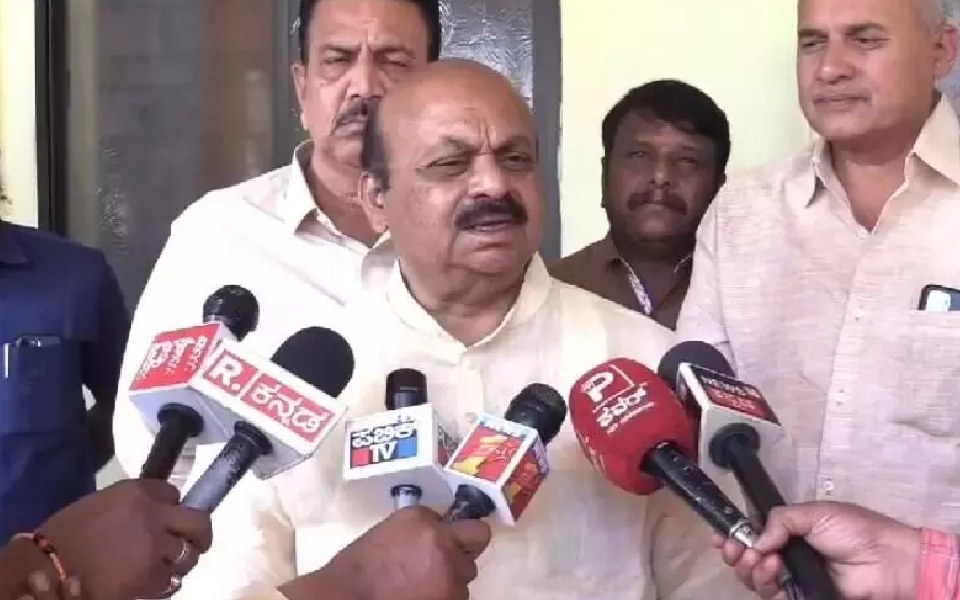New Delhi (PTI): The Delhi High Court will on Monday hear the bail plea of former JNU student Umar Khalid in a UAPA case related to the alleged larger conspiracy behind the communal riots here in February 2020.
The bail pleas by other co-accused in the case -- student activist Sharjeel Imam and Gulfisha Fatima, 'United Against Hate' founder Khalid Saifi and others -- are also listed for fresh hearing before a bench of Justices Navin Chawla and Shalinder Kaur.
The cases were earlier before a bench headed by Justice Suresh Kumar Kait but the judge was recently transferred to the Madhya Pradesh High Court as its Chief Justice.
Umar Khalid, Sharjeel Imam and several others have been booked under the anti-terror law Unlawful Activities (Prevention) Act (UAPA) and provisions of the Indian Penal Code for allegedly being the "masterminds" of the February 2020 riots, which had left 53 people dead and over 700 injured.
The violence had erupted during the protests against the CAA and NRC.
Umar Khalid, who was arrested by the Delhi Police in September 2020, has assailed a trial court order of May 28, which refused to grant him bail in the case. Notice on his appeal was issued by the high court in July.
The pleas of Imam, Saifi and other accused were filed in 2022 and have been listed before different benches from time to time since then.
Sharjeel Imam, in his appeal filed in 2022, has assailed a trial court order of April 11, 2022 which refused to grant him bail. The police had arrested Imam in the present case on August 25, 2020.
On May 28, the trial court had rejected Umar Khalid's plea seeking regular bail for the second time, saying its previous order dismissing his first bail application had attained finality.
"When the Delhi High Court has already dismissed the criminal appeal of the applicant (Khalid) vide order dated October 18, 2022, and thereafter, the applicant approached the Supreme Court and withdrew his petition, the order of this court as passed on March 24, 2022 (on the first bail plea), has attained finality and now, in no stretch of imagination this court can make analysis of the facts of the case as desired by the applicant and consider the relief as prayed by him," the trial court had said.
On October 18, 2022, the high court had upheld the dismissal of the first bail plea and said the city police's allegations against Umar Khalid are prima facie true.
The high court had said that admittedly, the anti-CAA protests "metamorphosed into violent riots", which "prima facie seemed to be orchestrated at the conspiratorial meetings" and the statements of the witnesses indicate Khalid's "active involvement" in the protests.
Let the Truth be known. If you read VB and like VB, please be a VB Supporter and Help us deliver the Truth to one and all.
Beirut, Nov 26: Israeli Prime Minister Benjamin Netanyahu said Tuesday that he would recommend his cabinet adopt a United States-brokered ceasefire agreement with Lebanon's Hezbollah, as Israeli warplanes struck across Lebanon, killing at least 23 people.
The Israeli military also issued a flurry of evacuation warnings — a sign it was aiming to inflict punishment on Hezbollah down to the final moments before any ceasefire takes hold. For the first time in the conflict, Israeli ground troops reached parts of Lebanon's Litani River, a focal point of the emerging deal.
In a televised statement, Netanyahu said he would present the ceasefire to Cabinet ministers later on Tuesday, setting the stage for an end to nearly 14 months of fighting.
Netanyahu said the vote was expected later Tuesday. It was not immediately clear when the ceasefire would go into effect, and the exact terms of the deal were not released. The deal does not affect Israel's war against Hamas in Gaza, which shows no signs of ending.
The evacuation warnings covered many areas, including parts of Beirut that previously have not been targeted. The warnings, coupled with fear that Israel was ratcheting up attacks before a ceasefire, sent residents fleeing. Traffic was gridlocked, and some cars had mattresses tied to them. Dozens of people, some wearing their pajamas, gathered in a central square, huddling under blankets or standing around fires as Israeli drones buzzed loudly overhead.
Hezbollah, meanwhile, kept up its rocket fire, triggering air raid sirens across northern Israel.
Lebanese officials have said Hezbollah also supports the deal. If approved by all sides, the deal would be a major step toward ending the Israel-Hezbollah war that has inflamed tensions across the region and raised fears of an even wider conflict between Israel and Hezbollah's patron, Iran.
The deal calls for a two-month initial halt in fighting and would require Hezbollah to end its armed presence in a broad swath of southern Lebanon, while Israeli troops would return to their side of the border. Thousands of Lebanese troops and UN peacekeepers would deploy in the south, and an international panel headed by the United States would monitor all sides' compliance.
But implementation remains a major question mark. Israel has demanded the right to act should Hezbollah violate its obligations. Lebanese officials have rejected writing that into the proposal. Israel's Defense Minister Israel Katz insisted on Tuesday that the military would strike Hezbollah if the U.N. peacekeeping force, known as UNIFIL, doesn't provide “effective enforcement” of the deal.
“If you don't act, we will act, and with great force,” Katz said, speaking with UN special envoy Jeanine Hennis-Plasschaert.
The European Union's top diplomat, Josep Borrell, said Tuesday that Israel's security concerns had been addressed in the deal also brokered by France.
“There is not an excuse for not implementing a ceasefire. Otherwise, Lebanon will fall apart,” Borrell told reporters in Italy on the sidelines of a Group of Seven meeting. He said France would participate on the ceasefire implementation committee at Lebanon's request.
Bombardment of Beirut's southern suburbs continues
Even as Israeli, US, Lebanese and international officials have expressed growing optimism over a ceasefire, Israel has continued its campaign in Lebanon, which it says aims to cripple Hezbollah's military capabilities.
An Israeli strike on Tuesday levelled a residential building in the central Beirut district of Basta — the second time in recent days warplanes have hit the crowded area near the city's downtown. At least seven people were killed and 37 wounded, according to Lebanon's Health Ministry.
Three people were killed in a separate strike in Beirut and three in a strike on a Palestinian refugee camp in southern Lebanon. Lebanese state media said another 10 people were killed in the eastern Baalbek province. Israel says it targets Hezbollah fighters and their infrastructure.
Earlier, Israeli jets struck at least six buildings in Beirut's southern suburbs. One strike slammed near the country's only airport, sending plumes of smoke into the sky. The airport has continued to function despite its location on the Mediterranean coast next to the densely populated suburbs where many of Hezbollah's operations are based.
Israeli military spokesman Avichay Adraee issued evacuation warnings for 20 buildings in the suburbs, as well as a warning for the southern town of Naqoura where UNIFIL is headquartered.
UNIFIL spokesperson Andrea Tenenti told The Associated Press that peacekeepers will not evacuate.
Other strikes hit in the southern city of Tyre, where the Israeli military said it killed a local Hezbollah commander.
The Israeli military also said its ground troops clashed with Hezbollah forces and destroyed rocket launchers in the Slouqi area on the eastern end of the Litani River, a few kilometres from the Israeli border.
Previous ceasefire hopes were dashed
Under the ceasefire deal, Hezbollah would be required to move its forces north of the Litani, which in some places is about 30 kilometers (20 miles) north of the border.
A ceasefire between Israel and Hezbollah, the strongest Iranian-backed force in the region, would likely significantly calm regional tensions that have led to fears of a direct, all-out war between Israel and Iran. It's not clear how the ceasefire will affect the Israel-Hamas war in Gaza. Hezbollah had long insisted that it would not agree to a ceasefire until the war in Gaza ends, but it dropped that condition.
Hezbollah began firing into northern Israel, saying it was showing support for the Palestinians, a day after Hamas carried out its Oct. 7, 2023, attack on southern Israel, triggering the Gaza war. Israel returned fire on Hezbollah, and the two sides have been exchanging barrages ever since.
Israel escalated its campaign of bombardment in mid-September and later sent troops into Lebanon, vowing to put an end to Hezbollah fire so tens of thousands of evacuated Israelis could return to their homes.
More than 3,760 people have been killed by Israeli fire in Lebanon the past 13 months, many of them civilians, according to Lebanese health officials. The bombardment has driven 1.2 million people from their homes. Israel says it has killed more than 2,000 Hezbollah members.
Hezbollah fire has forced some 50,000 Israelis to evacuate in the country's north, and its rockets have reached as far south in Israel as Tel Aviv. At least 75 people have been killed, more than half of them civilians. More than 50 Israeli soldiers have died in the ground offensive in Lebanon.
After previous hopes for a ceasefire were dashed, U.S. officials cautioned that negotiations were not yet complete and noted there could be last-minute hitches that delay or destroy an agreement.
“Nothing is done until everything is done,” White House national security spokesman John Kirby said.
While the ceasefire proposal is expected to be approved if Netanyahu brings it to a vote in his security Cabinet, one hard-line member, National Security Minister Itamar Ben-Gvir, said he would oppose it. He said on X that a deal with Lebanon would be a “big mistake” and a “missed historic opportunity to eradicate Hezbollah.”





